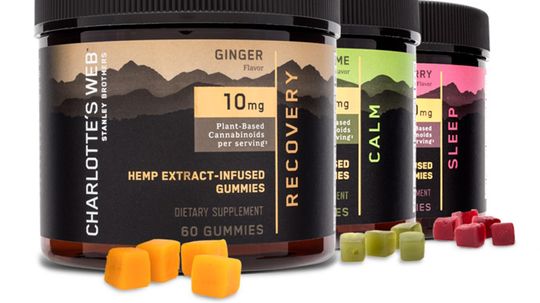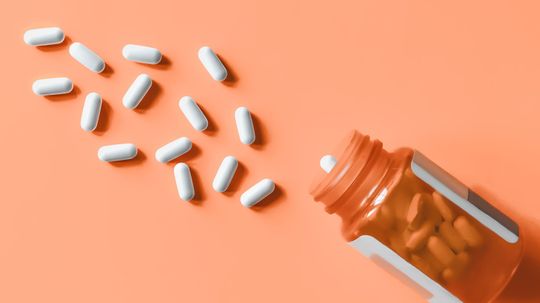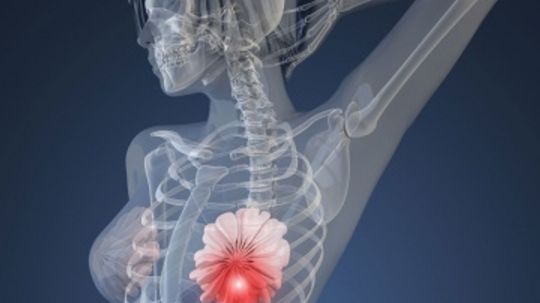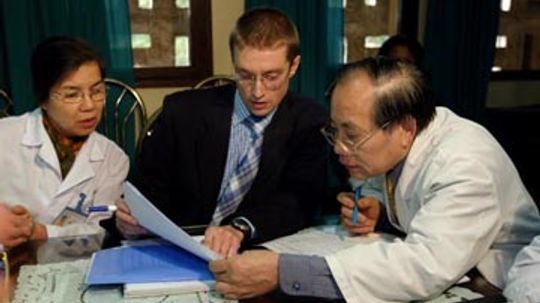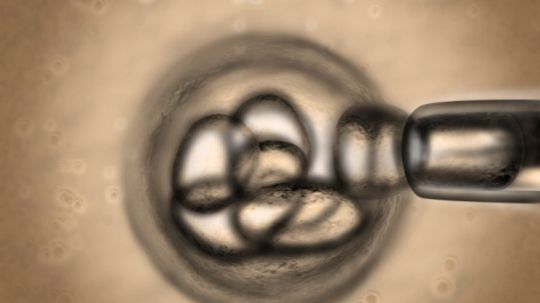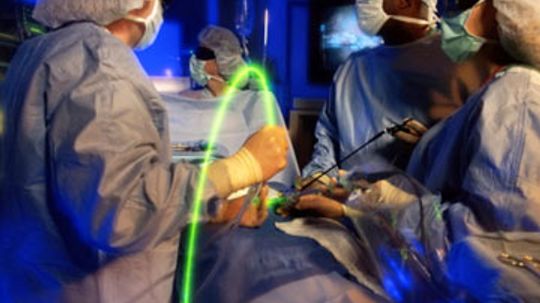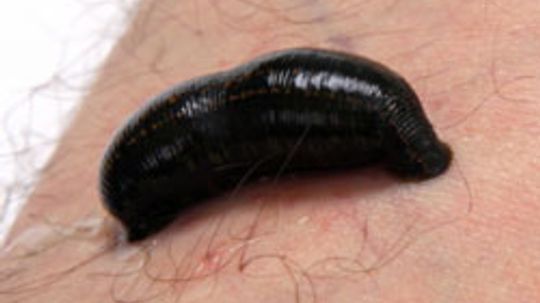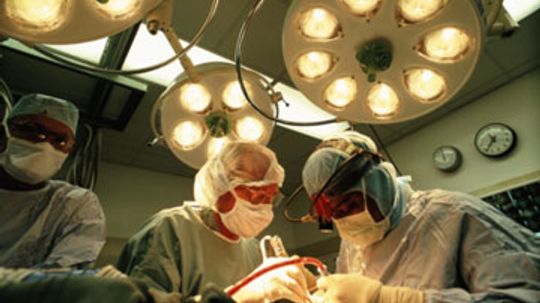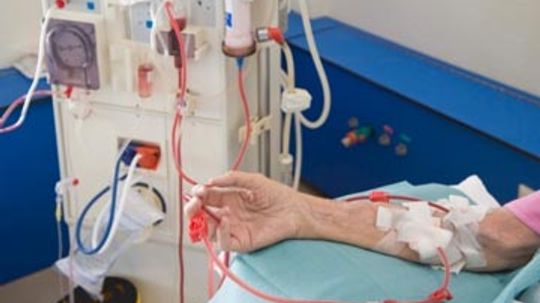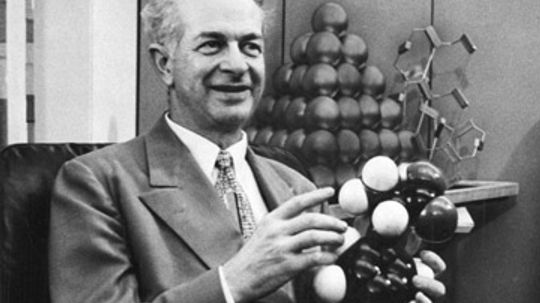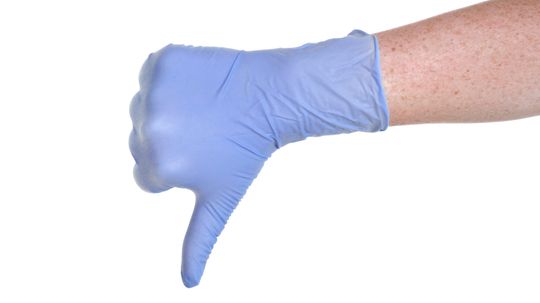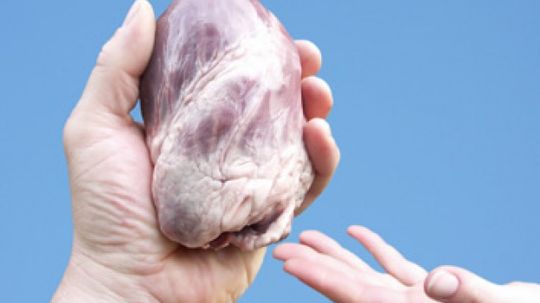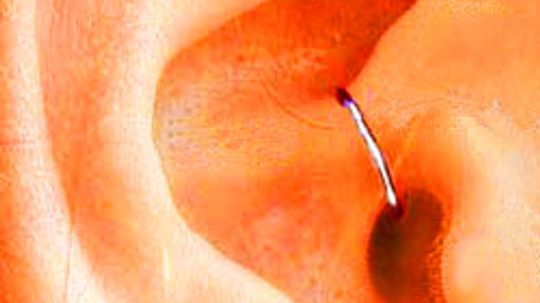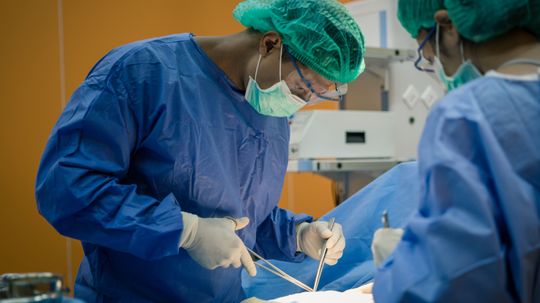Modern Medical Treatments
Modern medical treatments use the latest research to combat disease. Learn all about personalized medicine, stem cells, orthomolecular medicine and more.
Learn More
Compression socks, sleeves and other garments are worn by both patients and athletes to help enhance their performance and improve their post-op recovery. But do they work?
A little girl with epilepsy caused the mash-up of a beloved children's book title and a CBD oil that changed medical history.
You've probably seen the ads for drugs to treat depression and the warnings that they may cause suicidal thoughts. But why would that be?
By Alia Hoyt
Advertisement
Psilocybin (the drug in magic mushrooms) provides relief for severely depressed people, according to new research. But there are some caveats.
By Alia Hoyt
When genetic testing determines a high likelihood of cancer in patients' futures, some consider serious risk-reducing measures. Prophylactic mastectomies are controversial -- so what are the real pros and cons?
Think of it as organically mulching your ailing gut garden - except with (someone else's) poop, not pine bark.
You know what statistics are, but what are biostatistics? They affect your life far more than you'd think.
Advertisement
Whether drawn from embryos, placentas or adults, stem cells continue to garner attention. They may help treat a wide range of diseases, but there are caveats.
Your back pain may be debilitating, but is it bad enough to undergo laser spine surgery? Find out all the facts before you get burned.
They're usually thought of as foul, slimy creatures hungry for blood, but leeches are beneficial in today's medical treatments.
By Chris Opfer
Revascularization surgeries are amazing procedures. They bypass blocked arteries and restore blood flow to major organs, including the heart. But they're complicated and sometimes risky.
Advertisement
During a plasmapheresis procedure, plasma, the fluid part of the blood, is removed from blood cells by a cell separator and replaced with other fluids. Why would you do this?
Can vitamins and minerals in the right amounts really cure what ails you? That's the basic idea behind orthomolecular medicine, a form of alternative medicine that's been around for decades.
Cornea transplant surgery is one of the successful types of transplant surgery. But there are still a few cautions. We'll explain the procedure and the risks.
Back in the day, we thought an ice pick through the eye and an ice-cold bath might just cure your mental ills. In a century, what medical practices of ours will our descendants contemplate in horror?
Advertisement
Behold the humble maggot! While almost universally reviled, it has a noble part to play in wound healing. And in this age of drug-resistant bacteria, maggot therapy is back in style.
Amputations have been performed since ancient times, but did you know anesthesia wasn't developed until the 1840s? Mountaineer Aron Ralston amputated his own arm after being trapped by a boulder. Could you do it?
It's as easy as checking "yes" when you register for or renew your driver's license. But organ donation is actually a complex and serious process.
By Tom Scheve
Your face is how the world sees you. But what if something awful happened to it? In 2005, Isabelle Dinoire was the first recipient of a face transplant. How do doctors transplant a face, and is it a good idea?
Advertisement
Some call it body piercing. Some call it acupuncture. Some call it absurd. But could a piercing help you lose weight?
By Julia Layton
Today, organ transplants are relatively simple procedures, yet thousands of people die every year waiting for their turn. Find out about transplants and what's being done to remedy the organ-shortage problem.
By Tom Harris

